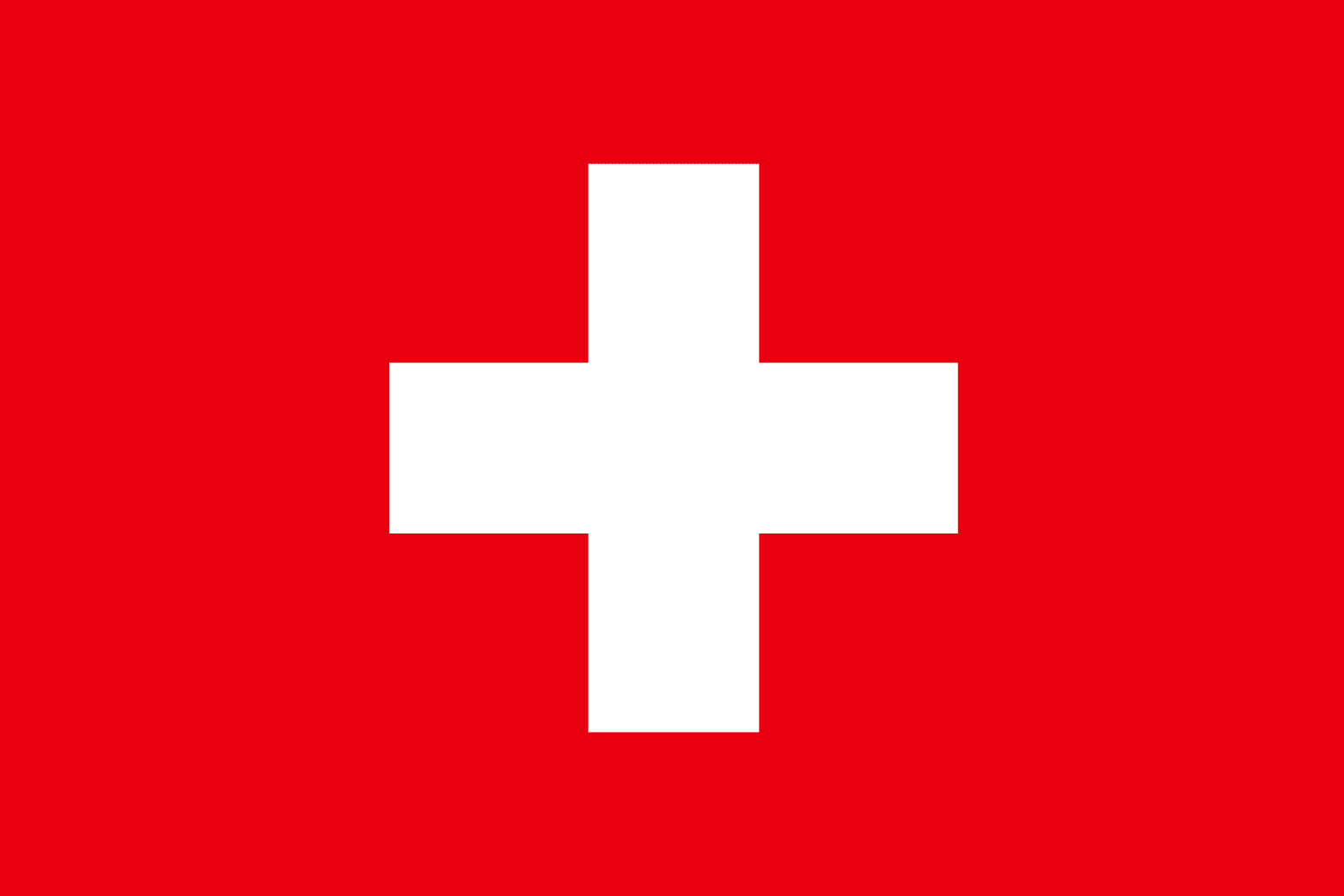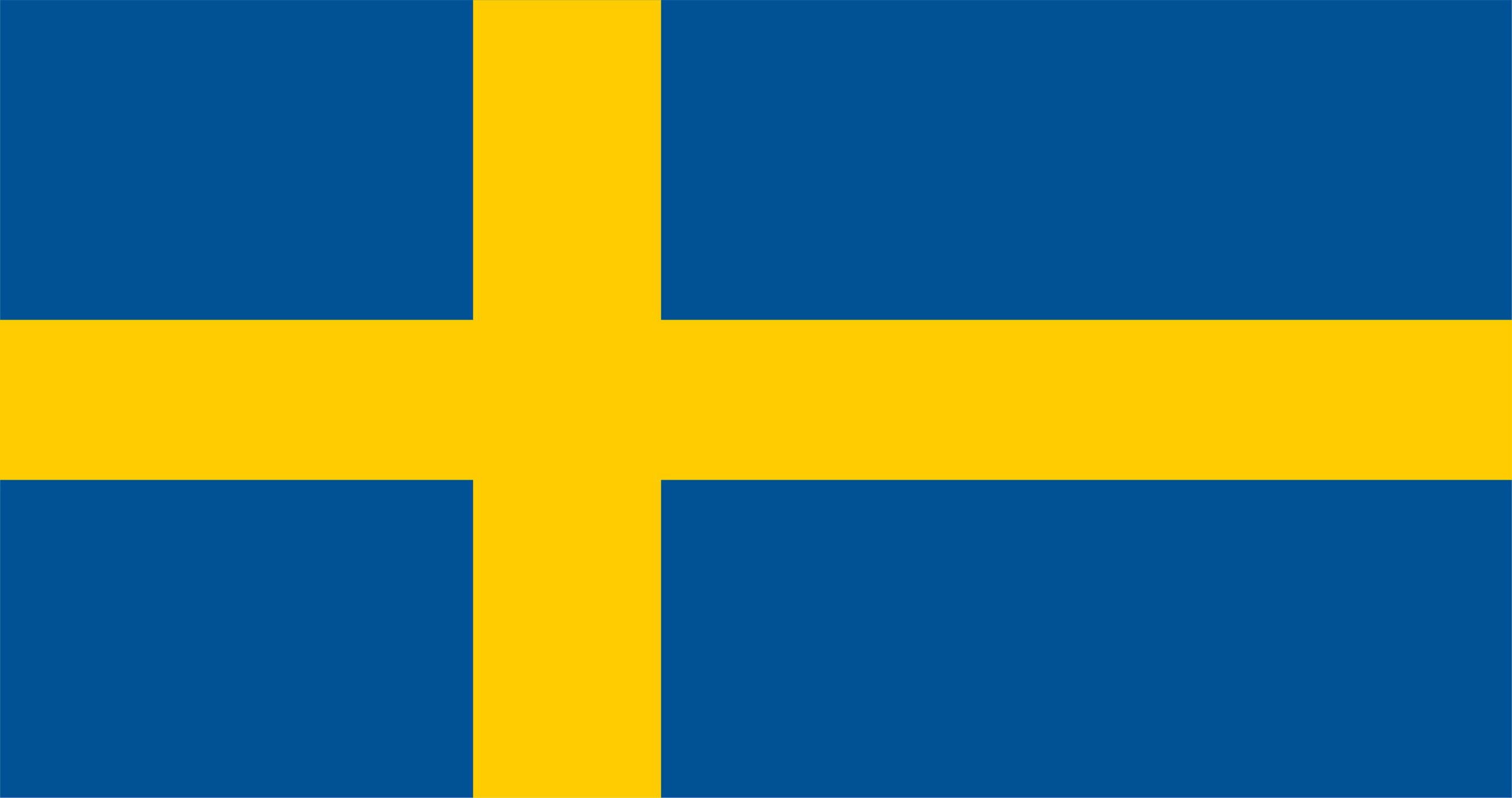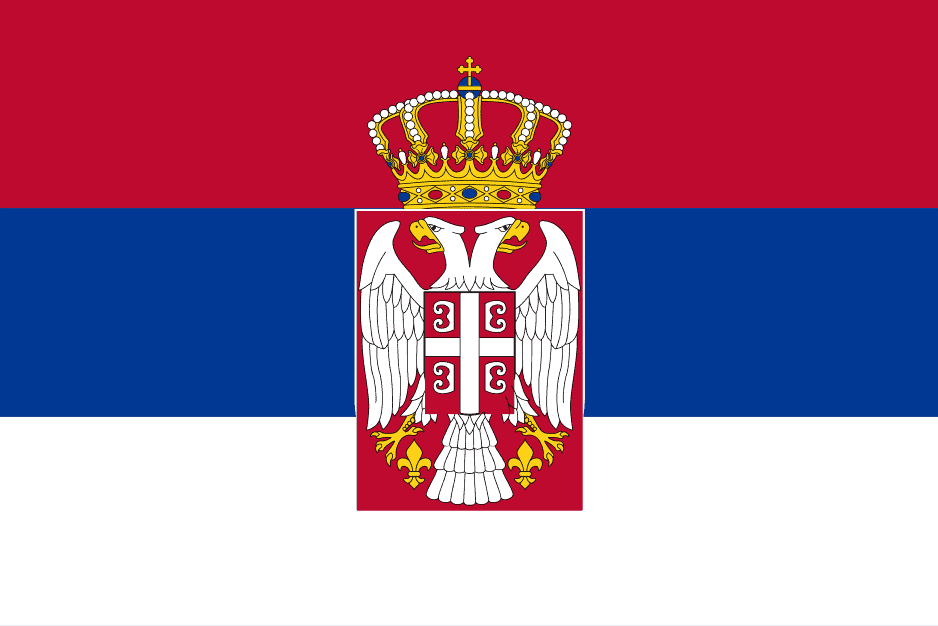Last week, French Interior Minister Gérald Darmanin asked prefects to step up protection measures for the Jewish community, particularly around schools and places of worship.A 62-year-old Jewish man was attacked in Paris on Friday.The victim, identified only by his first name Marco, was wearing a kippah and was leaving the synagogue when a man hit him and knocked him to the ground.The assailant reportedly uttered anti-Semitic insults. “I was shocked, because we’ve never had any problems with our synagogue,” said one witness.The victim was taken to hospital. “I’m fed up, I don’t feel like I’m in France. It reminds me of the Second World War, a return of Nazism. A new Nazism,” he told BFMTV channel.The perpetrator fled the scene.The mayor of the 20th district of Paris called the attack incomprehensible. “It represents a rise in intolerance that needs to be monitored. Together with the municipal and national police forces, we are working hard to ensure that any reports are dealt with, and of course to find the culprit”, he said.Last week, French Interior Minister Gérald Darmanin asked prefects to step up protection measures for the Jewish community, particularly around schools and places of worship, following the events of the last few days in Gaza.Anti-Semitic acts jumped 1,000% in France since the October 7th Hamas attacks against Israel.
Antisemitic attack in Paris: 62-year-old man beaten and insulted after leaving synagogue

















